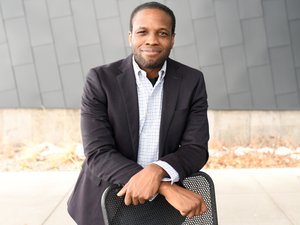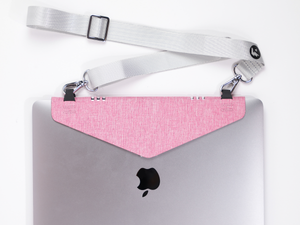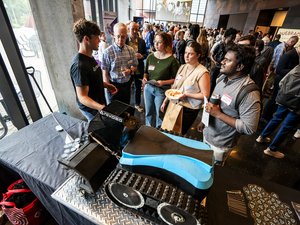To make decisions regarding mass transportation, road conditions and construction, and traffic routes, metropolitan areas use data regarding the travel habits of their inhabitants. Up until now, data in this field has been hard to get and slowly produced, but researchers from the University of Minnesota have broken through with a smartphone application that conveniently and cost-effectively collects this data.
Daynamica is a geo-location mobile survey tool designed to log activities and trips of consumers in metropolitan areas using various forms of transportation. Interactions with the smartphone app make it “smarter,” and data is collected without surveys or extra gadgets, according to a pamphlet put together by the university’s Office for Technology Commercialization.
“Travel behavior surveying is an industry that has seen very little innovation," said Chris Ghere, who works for the Office for Technology Commercialization. He explained that people still do “pen and paper surveys” of activity to collect transportation data. Metropolitan areas have generally invested in expensive companies to compile the data and made transportation decisions based on these results. With Daynamica, richer data is compiled for better results.
“We have a research group that’s creating a smartphone app,” said Ghere. “It uses machine learning and more common things like GPS and an accelerometer.”
The U of M research group includes Associate Professor Yingling Fan, Assistant Professor Julian Wolfson, and Professor Gediminas Adomavicius, according to Ghere. Computer science students Jie Kang and Yash Khandelwal also contributed to the Daynamica project.
In order to move the project from a research grant-funded project to a startup, there’s a process that Ghere’s office goes through with every potential startup at the U. The first half of the process involves the projects submitting disclosure forms and being evaluated on commercial potential, said Ghere. The second half involves finding the right commercial partner to complete licensing advancement, whether it be an entrepreneur looking to invest or a larger private company like Medtronic.
“This process can take anywhere from one or two months, to 10-15 years,” said Ghere, explaining that it really depends on the product. He has been working with Daynamica researchers since 2015, and they are within a month or so of officially becoming a startup.
This soon-to-be startup has clear potential in other cities and countries, though it wouldn’t likely be used by everyday consumers. Daynamica would most likely be used by consulting companies working with metropolitan regions with this tool as part of their service, figuring out what transportation changes are needed based on data compiled by this geolocation tool.








